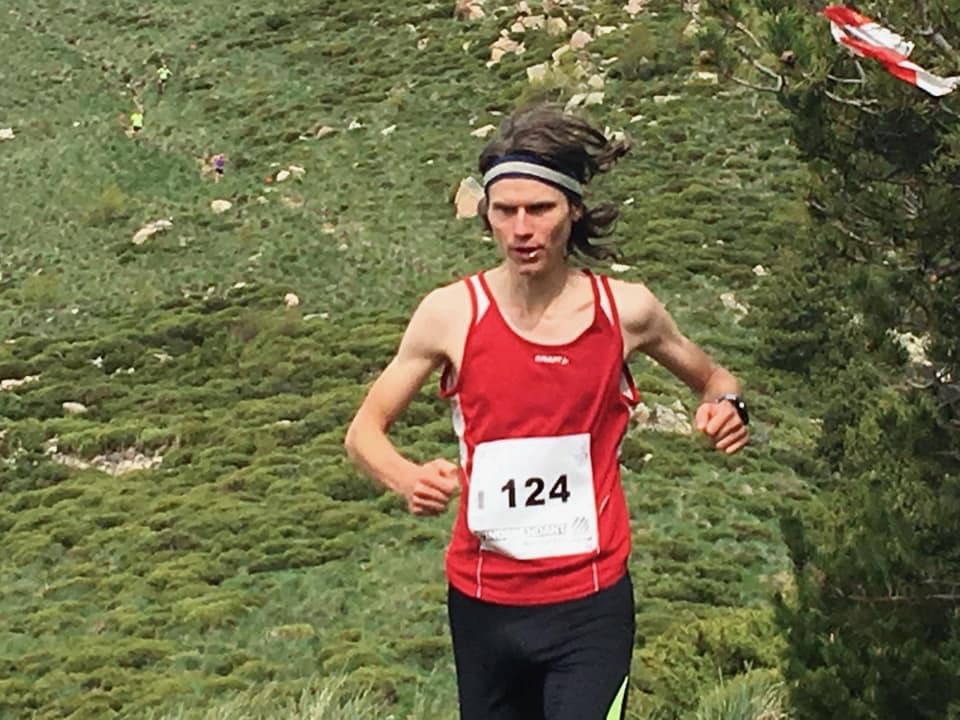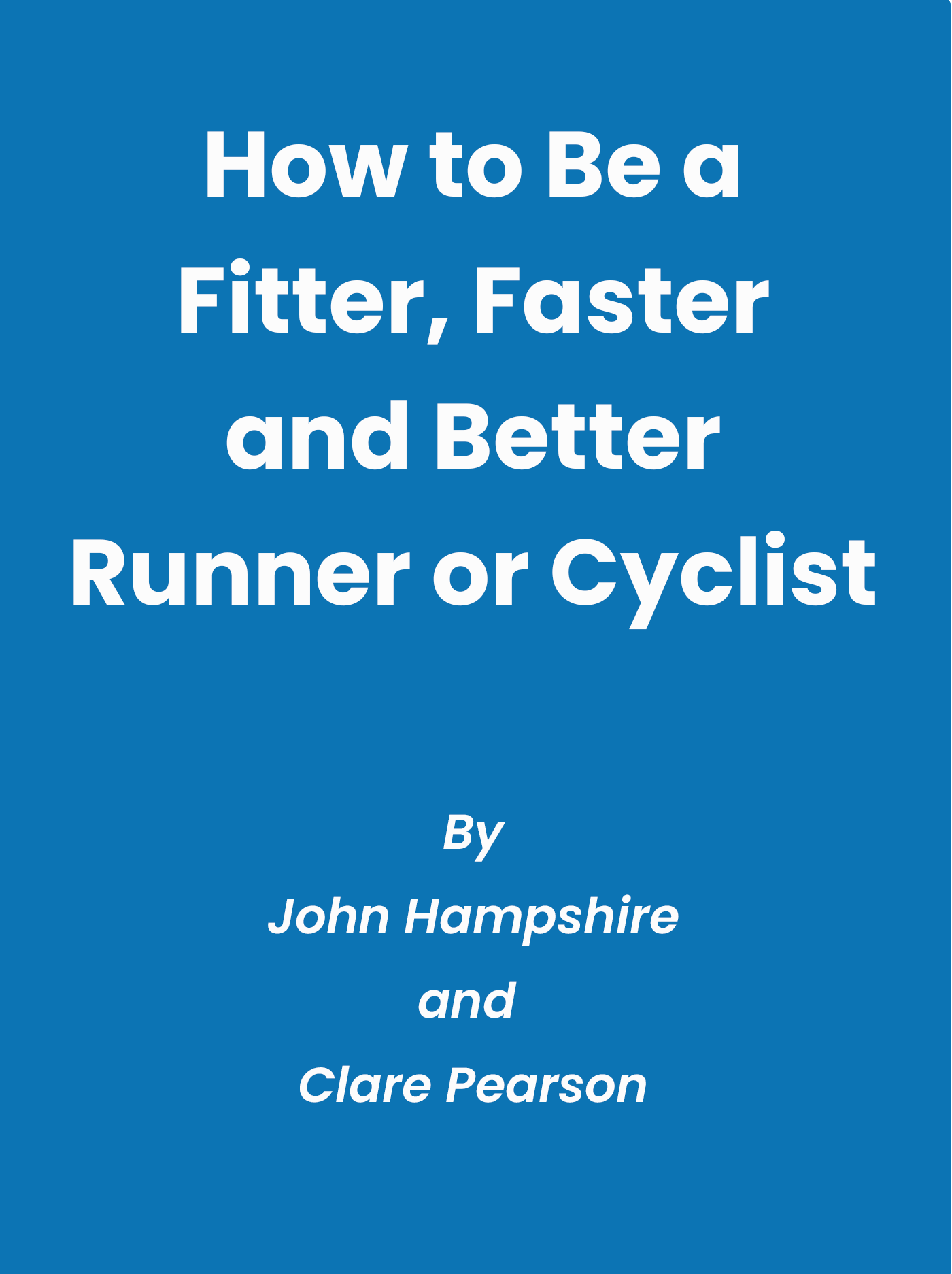Can Vegans be successful mountain runners?

As a vegan mountain runner I often get asked about my diet. With an increasing number of people turning to a plant-based diet, I thought this would be a good topic to discuss here.
I have been vegan for five years; I train nearly every day in the mountains on my doorstep and run mountain races regularly; I’ve even been lucky enough to win a few! So if you asked me if it is possible to be a successful mountain runner and be a vegan I would answer with a resounding ‘yes, of course it is!’
However, why take my word for it?
Here is a list of successful vegan mountain runners
- Damien Stoy – winner of 50 mile and 100km races, 23 podium finishes and competitor at the US National Trail Mountain Championships.
- Yassine Deboune – holds the record for the 453 mile Oregan Crossing.
- Catra Corbett – regularly tackles races of 100 miles or more and holds the record for the 424 John Muir Trail out-and-back.
- Vlad Ixel – has had wins and course records at major ultra-marathon events since starting running in 2012.
- Scott Jurek – won the Hardrock 100 seven times consecutively and amongst other numerous course records broke the record for the 2189 Appalachian Trail Race.
- Helen Fines – vegan since 2009, was part of the Gold winning English team in the World Long Distance Mountain Running Championships, achieving an individual bronze in the same race, in addition to two second place finishes in the British Fell Running Championships.
- Alistair Gardner – represents Canada at Mountain Running Championships helping them to a second place in 2013 and won the Mont Bremont Ultra Trail in 2017.
Sources of Plant Based Protein
Where do you get your protein from?
Any vegan reading this article will no doubt have heard this question many times!
Protein is made up of essential amino acids which the body needs amongst other things to build and repair muscles, something it does a lot when you are running up and down mountains!
Here’s a useful list of different protein sources: –
- Tofu
- Tempeh
- Legumes such as chickpeas, lentils, kidney beans, adzuki beans, haricot beans etc.
- Couscous
- Quinoa
- Spirulana
- Green leafy vegetables like Kale and Spinach
- Seeds such as hemp, linseed and chia.
- Nuts and nut butters like peanut butter.
As you can see there are many sources of protein available to vegans and the above list is not definitive.
Protein versus Carbohydrates and Fats
So how much protein do we need? Most of us know that the majority of runners fuel is from carbohydrates (starchy foods like bread, potato, pasta, rice). Traditionally people have assumed that a diet consisting of 60% carbohydrate to 20% protein and 20% fat is adequate for most athletes. I once worked out that one 415g tin of baked beans on two slices of multi-seeded bread provided this ratio perfectly and this became my staple lunch for years!
Further studies in nutrition show that (unsurprisingly) one size does not fit all and it depends on the amount of training you do.
For most endurance athletes a more accurate way of ensuring you get the right amount of protein is to assume you need 1gram of protein per kg of body weight. For seriously competitive/professional athletes 1.5g per kilogram of body weight may be needed.
With regards to carbohydrates: –
1 hour of exercise in one day requires 5g/kg of body weight.
The number of grams per kilogram increases by 1g for every additional hour (e.g. 2 hours of exercise in one day requires 6g/kg of bodyweight).
The vegan diet is naturally low in fat (unless you choose to deep fry all your food!). However, fats are an important part of any diet and ensuring you have enough of the right types can make a positive difference to sports performance. In particular two essential fatty acids increase the delivery of oxygen to the muscles, improve endurance and speed up recovery: –
- Omega 3 – found in flaxseeds, avocado, nuts and other seeds.
- Omega 6 – found in peanuts, olive/ground nut oil, sunflower oil and sesame seeds.
Micronutrients
Micronutrients are essential vitamins and minerals that our bodies need in order to survive. As most vegans tend to eat a lot of fruit and vegetables, they are naturally eating a diet rich in these micronutrients. However, there are few things to bear in mind.
When researching this topic I came upon a lot of information about lack of iron and people being at risk were noted to be women, people following a vegan diet and runners.
There are many rich sources of iron in plants, including nuts, dried fruits like raisins, whole grain and green leafy vegetables. Other ways of obtaining iron is to have a breakfast cereal fortified with iron. Having suffered from anaemia (when still a meat eater!) I personally opt to take a daily iron supplement.
Similarly many people believe that without dairy products, calcium deficiency can be a risk. As with iron, there are many plant based sources of calcium, including almonds, sesame seeds, spinach, broccoli, and again some plant based milks come fortified with calcium.
Two things that you do need to be aware of when following a vegan diet whether you are running in the mountains or not are Vitamin b12 and iodine. The Vegan Society is clear that there are no reliable plant sources for these essential micronutrients and suggests a supplement (I use Veg 1).
Tracking and Planning
Anyone who is serious about sport and performance will already know that it’s important to have a healthy well-balanced diet. This requires some investment of time to ensure that you are putting the right fuel into your body to meet the requirements of your sport. One of the things I have found helpful to make sure that I’m getting it right is using a tracking app like MyFitnessPal which shows you exactly how many calories, carbohydrates, protein and fats you have eaten as well as all the major vitamins and minerals you need. I was also inspired by Anita Bean’s book ‘The Vegetarian Athlete’s Cookbook.’
If you like your food the great thing about being vegan is that in general the foods we eat are lower in calories, so we can eat more! Again tracking calories can be important as an athlete, especially if you are making the transition to a vegan diet to ensure that you are getting enough calories.
It can be easy when training hard to focus just on training and as a vegan it is certainly not as easy to get a well-balanced nutritious lunch from the local sandwich shop. My own way of dealing with this is to plan. A carefully planned packed lunch with snacks will guarantee you the right amount of protein and a much more well-balanced meal (and will be a lot cheaper too!).
Racing
One of the nice things about running in Europe is the quality of snacks available, and as a vegan there is often no shortage of choice. I have very fond memories of huge hunks of water melon available at the numerous feed stations on the Championnat du Canigou, along with a range of nuts and dried fruit. In addition to this there are now numerous vegan energy drinks/protein powders available.
Anyone serious about a particular race would always make sure that they had their own tried and tested snacks available for the big day. I always ensure I have a good supply my own snacks available and if there are other suitable snacks available it’s a bonus.
Related Questions
Is plant-based protein as good quality as animal based protein?
Animal sources of protein tend to contain all the amino acids your body needs in one sitting, with plant proteins we need to be more creative to make sure we get all the amino acids we need. So we need to look at a variety of sources of protein and ensure we are getting that variety every day. The amino acids in grains like rice, quinoa, couscous and bulgar wheat combined with the amino acids in beans and pulses provide all ten of the essential amino acids your body needs…bring on the bean chilli with rice!
Should I be taking a protein supplement/shake to make sure I’m getting enough?
With a carefully planned diet you should be able to get all the protein you need from real, solid food. Powders and shakes can be useful for any athlete in long distance or as a way of quick refuelling after a hard session.
Tags:
Clare PearsonNovember 22, 2018

Comments